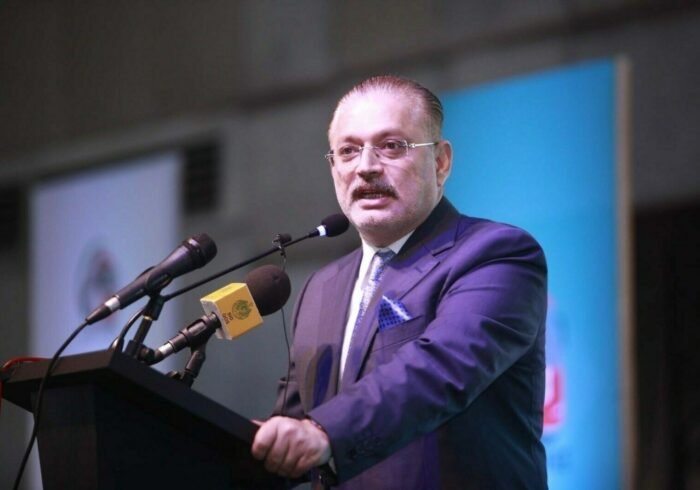Pakistan’s Permanent Representative to the United Nations, Munir Akram, has alleged that Afghanistan’s interim government is providing refuge and support to the banned Tehreek-e-Taliban Pakistan (TTP) and other militant organizations.
During a UN Security Council session on Afghanistan held on Monday, Akram claimed there is substantial evidence linking Afghan authorities to cross-border attacks carried out by the TTP. He criticized Kabul for failing to curb the activities of these groups, which he described as a major threat to regional security.
“The TTP continues to launch attacks against Pakistan from its strongholds in Afghanistan. Evidence indicates that Kabul has not only turned a blind eye but is actively complicit in these activities,” Akram asserted.
He cautioned that the TTP, allegedly with Kabul’s support, is expanding into a larger coalition of extremist groups seeking to destabilize neighboring countries. He further connected the group’s actions to the Baloch Liberation Army (BLA) and the Majeed Brigade, both of which, he said, are attempting to undermine Pakistan’s security and the Pakistan-China Economic Corridor (CPEC).
Akram highlighted that over 20 terrorist organizations currently operate from within Afghanistan, posing significant risks to both regional and global stability. He announced that Pakistan intends to collaborate with the United Nations to formulate a response, including the establishment of a counter-terrorism working group under the Doha Process.
Additionally, he disclosed that Pakistani security forces had recently captured several high-profile Islamic State-Khorasan (IS-K) operatives, including Mohammad Sharifullah, an Afghan national allegedly linked to the 2021 Kabul airport bombing.
Reaffirming Pakistan’s commitment to safeguarding national security, Akram emphasized that Islamabad will take all necessary measures to counter the escalating terrorist threats.





